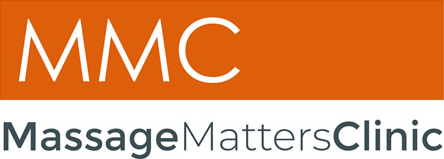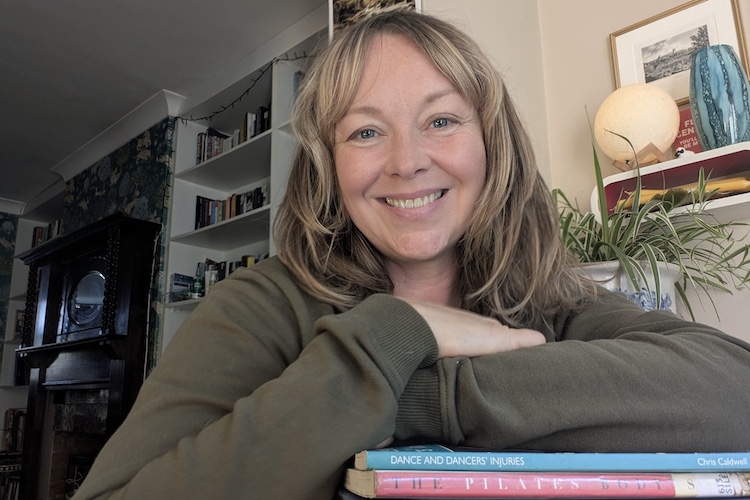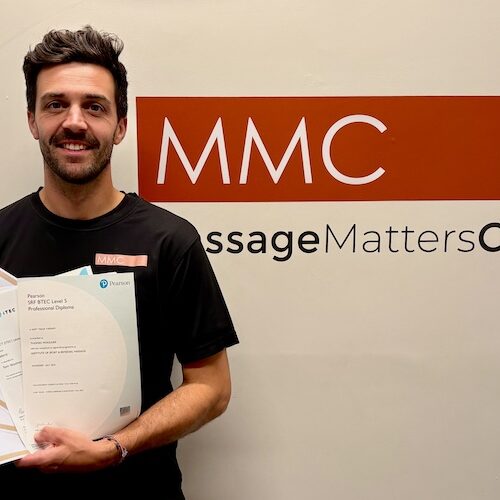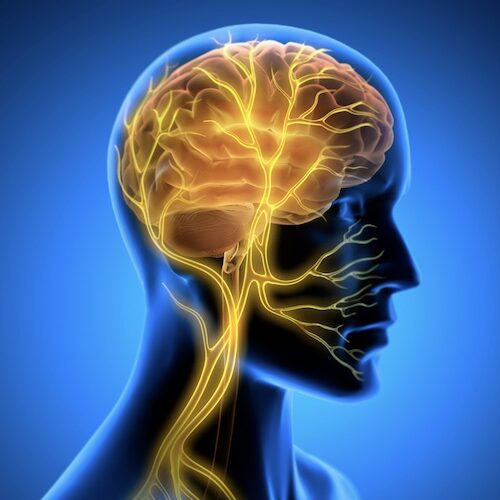Leia’s route to Massage Matters has taken in ballet, politics and a few sore backs – including her own. In this interview, she shares how her love of movement, her curiosity about the human body and a few unexpected detours led her to Massage Matters – and why she believes that healing starts with trust.
What first inspired you to become a massage therapist and Pilates teacher?
I always danced as a child, especially ballet. When I began my dance degree at Bath Spa University, we were given a mandatory Pilates regime to stay strong and injury-free. I ended up more interested in Pilates than choreography and trained with The Pilates Foundation soon after graduating.
Massage came later, growing out of my ongoing fascination with the body. It gave me another tool – a way to work more deeply and directly with how the body moves, heals and holds tension.
What brought you to Oxfordshire and the Massage Matters team?
Before joining Massage Matters, I was working a desk job at Oxford University – and my back was suffering! I came for a treatment with Tom at the clinic and we got chatting about my background. He couldn’t understand why I wasn’t still teaching Pilates or massaging, especially since I’d run my own clinic in Devon for years. He said they might be able to offer me a role, and that got me thinking. I left the desk job and haven’t looked back – and my back’s been fine ever since!
Where did you train, and what led you to massage in particular?
I trained in Holistic and Deep Tissue Massage at the Devon Massage Academy in Exeter.
Massage felt like a natural next step – as a Pilates teacher, I’d already been hands-on in classes, helping people understand their bodies and correct movement patterns. But I wanted more time to work with muscles that weren’t functioning well. Massage gave me that time and insight and another way to help people feel better in their bodies.
Why did you step away from your Devon business for a while?
I’ve never followed a straight career path – I’ve always been curious about people and politics, so I did an MSc in Gender and International Relations at Bristol. My changed jobs so we moved to Oxford and I worked for Oxfam and Oxford University for a while, trying to make the most of my studies. But I ended up behind a desk again, and my body really felt it. That experience gave me a lot of insight into what long hours and stress can do to the spine, so when I returned to Pilates and massage, I felt better equipped than ever to help others dealing with those same issues.
You’ve said that being trusted with someone’s body is a privilege. What does that mean to you in practice?
It really is a privilege. Especially when someone comes in with pain or long-term issues, it’s a big deal to hand your body over to someone you’ve just met. It often takes a few sessions for the nervous system to settle and trust the process. But once that trust builds, the body starts to accept the treatment and the benefits come faster. It’s a very human, very real exchange, and I never take it for granted.
How would you describe your approach to massage?
It’s very adaptable. I’m just as happy doing focused, deep tissue work on specific injuries as I am delivering a calming, holistic treatment purely for relaxation. Often, I do a bit of both – easing the nervous system while still addressing postural or injury-related tension. The aim is always the same: to help the client feel better and more connected to their body.
How does your Pilates background influence your massage work?
Pilates gives me a strong understanding of how each body moves, and posture always tells a story. I can usually spot where tension starts and how it’s affecting the rest of the body. Massage then gives me a chance to release that tension, and Pilates gives the client the tools to make long-term changes and prevent it coming back. They really do go hand in hand.
You’ve trained in hypermobility and women’s health – what drew you to those areas?
Women’s health has been under-researched and underfunded for decades, and I’ve felt the impact of that myself. I’ve made it a priority to stay up-to-date so I can support others more effectively.
Hypermobility is another area that’s often misunderstood. Many people don’t even know they’re hypermobile, or how it affects their body. With just a few small adjustments and the right information, you can help someone feel so much better – and that’s incredibly rewarding.
What would you say to someone having their first massage?
You’re in control. Tell me if anything feels uncomfortable or painful – it’s a two-way process. One client recently said it was important to know you’re always covered up, with only the area I’m working on ever uncovered. That stuck with me. The aim is always to make people feel safe, supported, and at ease.
You talk about “holding a space” for clients – why is that so important?
Because healing can only happen in a space that feels safe. From the moment a client walks through the door, that room is theirs. You can listen to your own music, choose your position, and know that I’m not there to judge, only to support. Every healing journey is personal, and I’m just there to walk alongside you, not lead the way.
What do you hope clients take away from a session with you?
I want people to feel empowered. Massage can feel like you’re coming back into your body after being disconnected for a long time. If someone leaves feeling more in tune with themselves, more compassionate towards their body, and more confident in how they move, that’s a win for me.
What everyday habits do you think help most with long-term wellbeing?
Set small, achievable goals. If you commit to 30 minutes of Pilates a day and don’t manage it, you’ll feel like you’ve failed. Start with 10 minutes. Build it up slowly. It’s much kinder and more sustainable.
And how do you look after your own wellbeing?
I meditate daily, love the sauna, and believe in cold therapy for both body and mind. I’ve learned that if I don’t move or get enough alone time, I get moody – and that’s not much fun for my loved ones! All of the above is essential, as well as cats, comedy, and good books.




